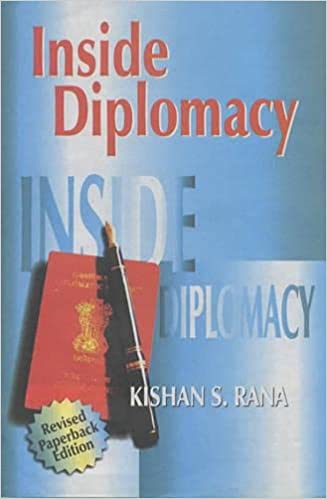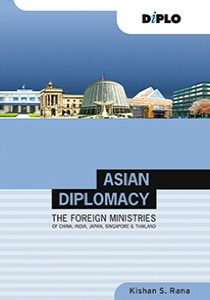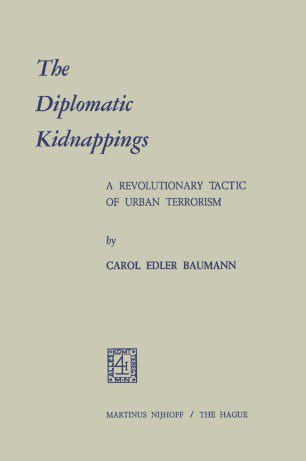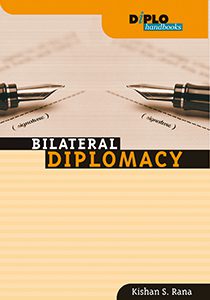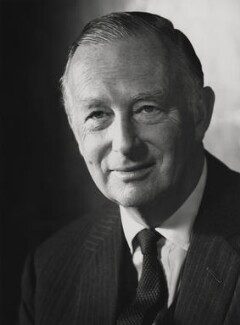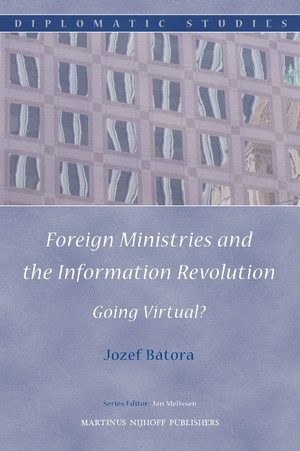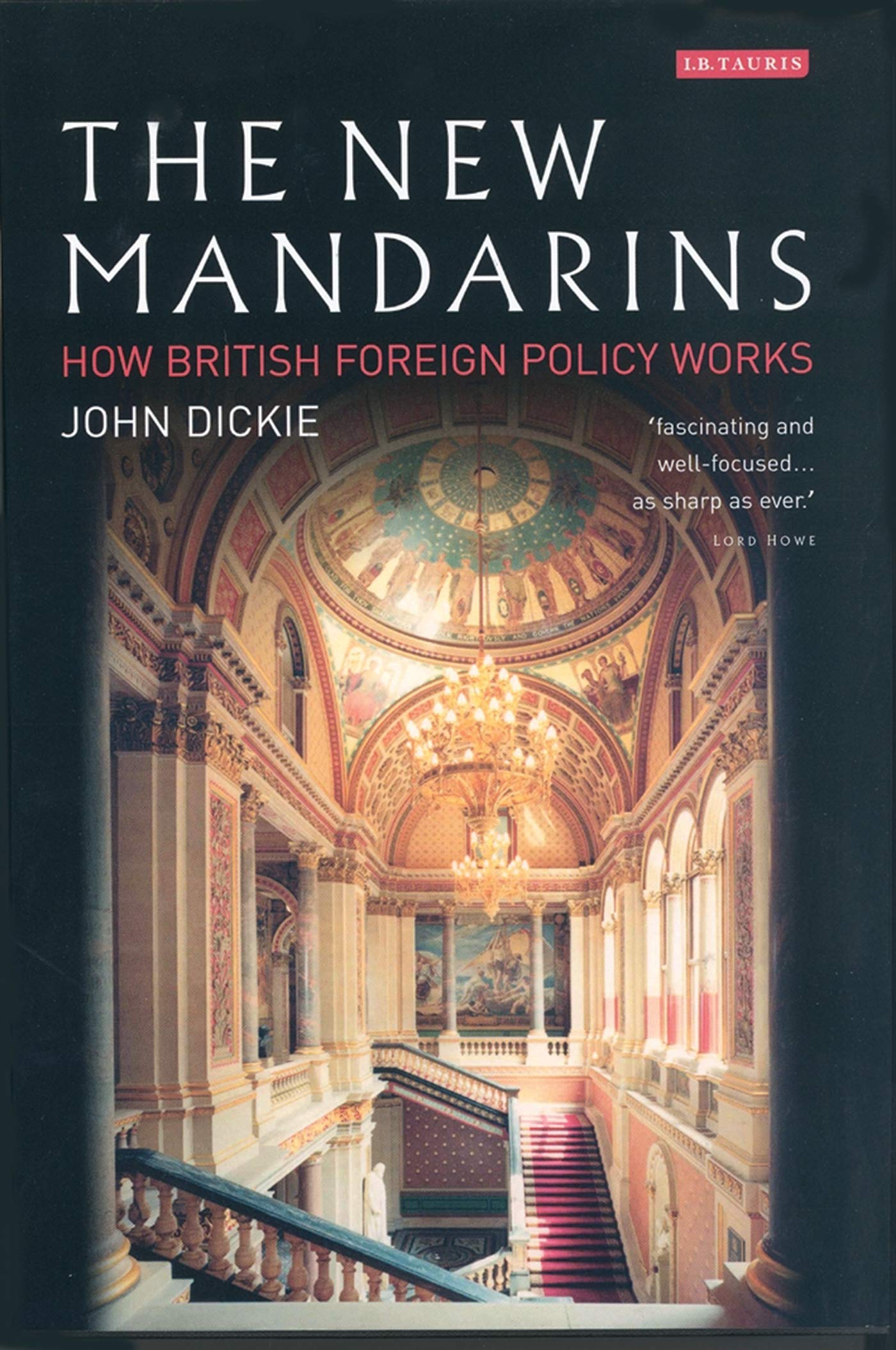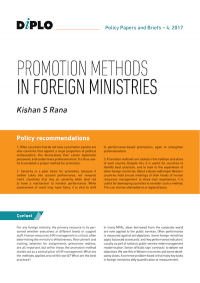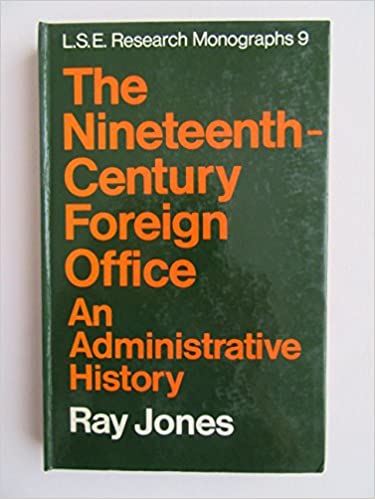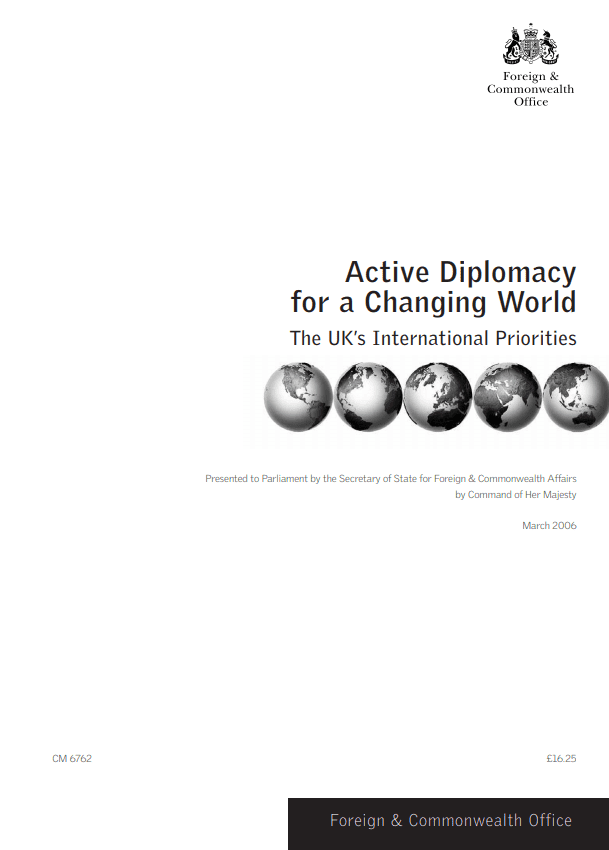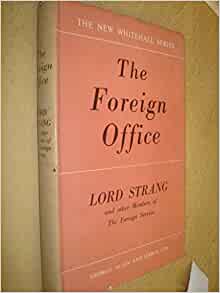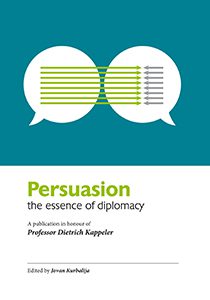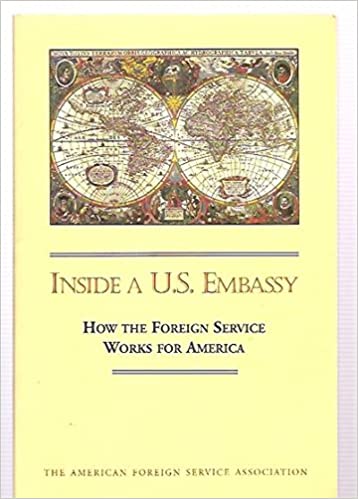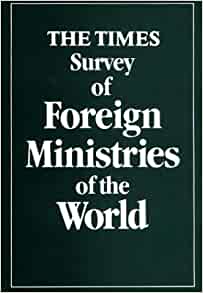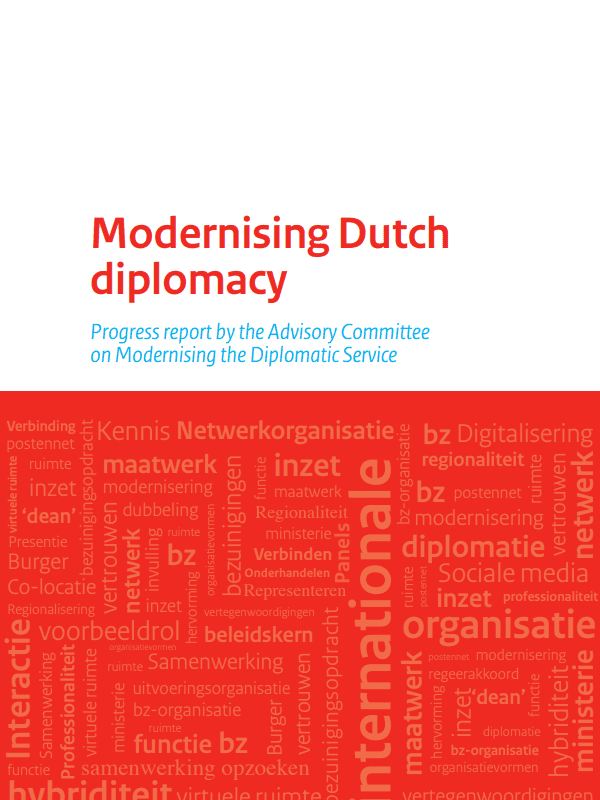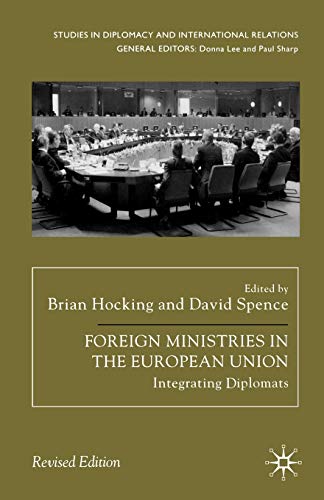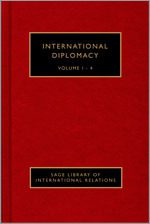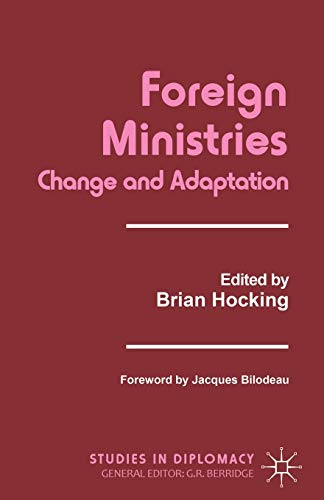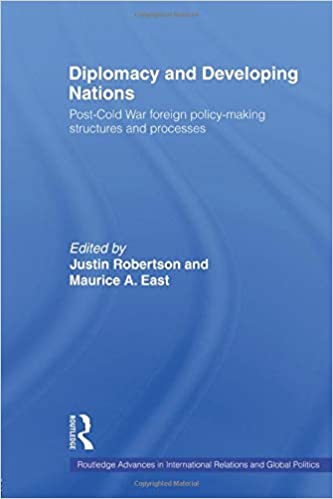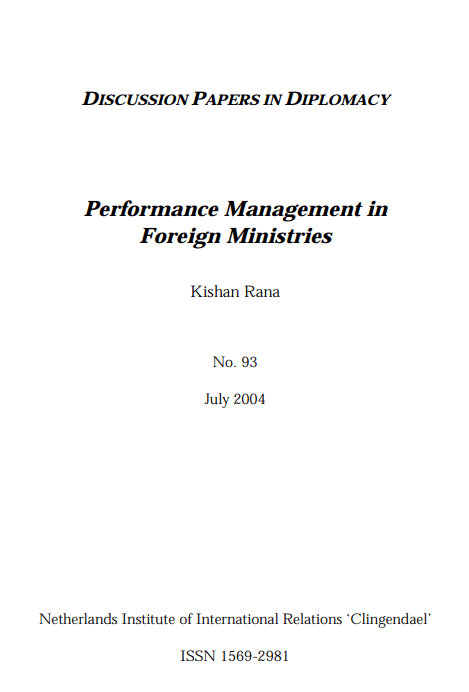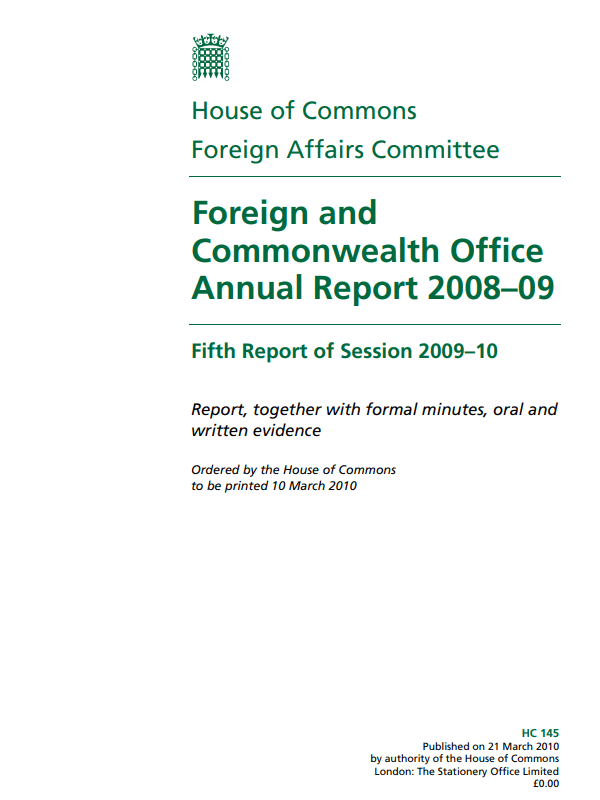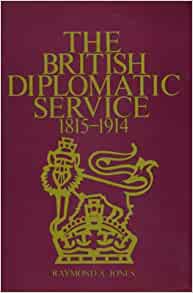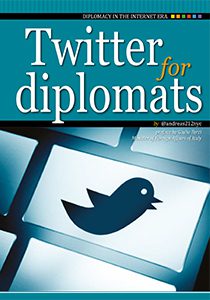This presentation will focus on how in the Ministry of Foreign Affairs (MFA) of Malta we have tried to apply the various changes which have been taking place all around us turning the end of the century into an informatics era. My presentation will be given from a viewpoint that is neither academic nor of diplomats, two camps presented at this conference, but one of business management. In it I will show how ICT (Information and Communications Technology) matters look like in the practice of one fairly large organization, as the MFA with its diplomatic network is, and also what has been done in computerized knowledge management at the MFA.
In my presentation I will be very conscious to follow that piece of sound advice: “A speech should be like a lady’s dress. It should be long enough to cover the whole subject, but it should also be short enough to remain interesting.”
The public service in Malta for the past decade has been trying to address several issues in order to try to make it more professional in its approach. There have been various sectors which have been addressed. Two of them are the upgrading of the infrastructure and radical public service reform, including an intensive development of human resources. Now, evidently we are all agreed that the value of knowledge is information and facts which have been brought together by human beings. Diplomacy can be perceived as the interaction of this information and we would also have to communicate it easily, quickly and efficiently.
STRUCTURE OF THE MINISTRY WITH EMPHASIS ON ICT INVESTMENT
The MFA has attempted to follow in the wake of the changes which are taking place on a national scale, and the country has invested very significantly in the development of human resources. And we also, in that, believe in the message of this particular saying, the author of which is unknown to me: “If you want one year’s prosperity, grow grain. If you want ten year’s prosperity, grow men and women.” It is very significant and it also explains the importance that we give to the human person.
I intend to give an overview of the Ministry of Foreign Affairs, first of all. The MFA in Malta, the head office in Malta is presented in Table 1.1
Table 1: Structure of the Ministry
| Head Office in Malta (163 Public Officials) |
|
| Overseas (51 Maltese Diplomats, 105 Locally Engaged Personnel) |
|
The Corporate Service Directorate provides the support services for all the Ministry. That is the department which I head at the time of this conference. We have 163 people staffing head office in Valletta. Table 1 also shows the diplomatic network abroad comprising 19 embassies/high commissions and 3 consulates, which are staffed by 51 Maltese diplomats and who are supported in their own way by 105 locally engaged personnel.
How this organization, the MFA head office and its diplomatic network—its human and material resources taken together—are financed is shown in Table 2.
Table 2: 1999 Budget
| Recurrent Expenditure: Lm 5,849,000 (~EURO 13.4m ~US$ 15.3m) |
|
| Capital Expenditure: Lm 331,000 (~EURO 760k ~US$ 860k) |
|
Special emphasis is given to the capital expenditure on ICT as a fast growing (52%) component of overall capital expenditure, and also (see Table 3) the fast pace in investment in IT with the striking evidence of the growing ratio of number of PCs to clerical personnel.
Table 3: Investment in ICT
|
|
|
ORGANISATIONAL CHANGE AND REACTIONS TO THE INTRODUCTION OF IT
Obviously nothing comes without its own frustration. In bringing organizational change we have, naturally, experienced various expressions of disgust and scepticism. Some of them were: “It will never work!” “It’s too bureaucratic.” Some people have tended to say: “It’s not only that you are introducing a new system over here but the way you’re introducing it is just another bureaucratic procedure.” This other frustration I must admit that we still experience today even though it was voiced very loudly before we introduced IT in a big way. These, and others shown below were some of the comments which were made to us when we were trying to automate the processes in the Ministry.
- It’ll never work!
- It’s so very bureaucratic.
- What if it breaks down at the most inapporpriate moment?
- It’s inflexible.
- It’s slow.
- Adapt myself to a system, not have one tailored for my needs?
- It keeps me too desk-bound!
What fears did we experience with the introduction of IT?
- Change
- Feeling of insecurity
- Impersonal management
- Not knowing what is involved
- More paperwork
- Lack of visible improvements
Change and feelings of insecurity
Everyone knows that when computers were first introduced to the world, there was a talk about people being made redundant and that we’ll only have machines working for us. This commonplace is perfectly illustrated with the following story:
The factory of tomorrow will have two employees: a man and a dog. The dog will be there to keep the man from touching the equipment, whereas the man will be employed in order to feed the dog.
So, people did tend to have this particular concern that once the PC was on their desk they will find themselves out of a job, the next day.
Worthwhile mentioning was fear of impersonal management. People say: “Yesterday I could go with a problem and discuss it with my boss, whereas today I have to send him an e-mail and he answers me when he decides to see my e-mail.” That means that one loses direct communication.
We have tried to invest as much as possible in IT training, to dispel another fear, the one of “Not knowing what is involved.”
In time people became accustomed to these new radical changes in the way they should be working and performing their duties, even though some of them may have recalled that saying of Georges Pompidou: “There are three ways where one can ruin oneself: gambling, women, and technology. Gambling is the fastest way, women are the most pleasant, but technology is the most certain way.”
After some time they realized that unless they learned to ride the wave, they would be swamped down and round. So, they adopted a more professional approach. We actually have invested heavily in development of our people. Today in the MFA practically everybody has been to some sort of course on IT familiarization, at the very least, and the training programme is an ongoing one.
AN OVERVIEW OF ICT APPLICATIONS AND PROJECTS
How did we apply the ICT revolution to our own needs, how could we analyse and disseminate information that was available at our end?
First of all, the government agency MSU (Management Systems Unit), later reorganized and renamed MITTS (Malta Information Technology and Training Services: ), helped and supported us to develop a number of applications.
We have a specialized library stocked with around five thousand titles and MITTS has developed a simple, stand-alone, DOS based (in FoxPro software) database application for that library.
Obviously, we have had a Large Area Network (LAN) installed in the ministry, which was unheard of until as recently as five years ago. We also developed a Country Profile application, whereby we have on file profiles of the various countries we deal with.
We are, at the moment, developing a scholarship system, which is a sort of an advertisement of what scholarships are being made available by overseas institutions or by foreign governments, and management of applications and selection process. A stand-alone database application in the scholarship section of the MFA is functional and it is planned to be linked to special information focal points in Malta and Gozo utilising the government’s Wide Area Network. When this is eventually installed it will be possible for a person to apply directly from those information points. Currently, all scholarships available to the general public are advertised, besides the local media, via the Internet medium on the website of the Ministry.
It is possible for a person to download even the application form from home and send this in. It would be processed without him/her ever needing to catch the bus or drive into Valletta, even though the longest drive in Malta takes only 3/4 of an hour, but still, people think the fact they are staying at home and doing business is how the modern society should be.
Then this beginning in IT implementation brought the ministry close with the Mediterranean Academy of Diplomatic Studies. We realized that there was a need for the Academy to put into practice the various applications which it was developing over time for the diplomatic field, whereas the ministry itself had the professional resources and thus a partnership has been built between the two agencies.
We started off by developing the full-text International Treaties Database whereby the texts of various treaties, which were made, signed and ratified over years were put on file, and we could also access all reference information about a particular treaty, whether it had been acceded by Malta or whether the treaty had been acceded by other countries. Policy Statements followed the same scheme and both databases have been now included in the DiploWizard system.
We have also developed a website, a very informative website (). It is structured in a way which makes it very easy to go from one piece of information to the other.
Perhaps, our major achievement was the WAN (Wide Area Network) project which enables us to link up with our missions overseas. At the moment it includes two missions but eventually we should have more missions integrated in the system.
DATA SHARING
We have already said that diplomacy is the interaction of information and communication. The following list highlights some main points that can be deducted from this interaction with regards to sharing of data.
- Encourages common utilisation of individual’s potential.
- People have been put in synergy by the ICT technology and data sharing.
- Enhances collective effort.
- Creates standards and conventions.
When one talks about communication, one would have to be very cautious about how to communicate. Ambassador McDonald spoke during this conference on the need for non-vocal communication. This is something that we have to emphasize all along, that whatever system we adopt, whatever system we develop, we have to be sure that we have the means how to communicate the message in the proper way. This reminds to the following story.
The lord of a castle was standing on the rampart and he saw a knight coming in on a limping horse and the knight was all covered in blood and with bent armour. The lord of the castle asked the knight: “What has happened to you?”
The knight replied: “Well, sire, I’ve been looting, and I’ve been burning, and I’ve been killing your enemies up in the north of the country.”
“But I have no enemy up in the north of the country,” said the lord of the castle.
And the surprised knight said: “Well, I think you have now, sire!”
While still on the middle ages metaphor it is the right moment to switch to DiploWizard, which has another middle age mythological metaphor in its name although it is applied to modern diplomatic practice. DiploWizard is a knowledge management tool for diplomats that was given prominence during this conference and that is installed as an Intranet application on the LAN of the MFA (Internet version available at: ).
DiploWizard should be used in day-to-day working practice, and used in a way as to give results. DiploWizard is not a concept which should be taken in any other way. Key results and benefits of DiploWizard, thus are:
- easy access to information databases;
- fast, flexible, easy to operate, efficient programs;
- always and across the organization available (being Intranet application);
- expandable;
- up-to-date information.
CONCLUDING REMARKS
In concluding this review of a real system, that being the Ministry of Foreign Affairs of Malta, and of a transfer of technological achievements and theory into practice—into working practices of the institution over a number of years, I would like to stress again that nothing can be done without the human involvement, in other words, it is men and women who make things happen, for as Clarence Day said: “Information is pretty thin stuff unless mixed with experience.”
Therefore, achieving the higher level of utilization of ICT, meaning knowledge management, in the institution will only be possible if the condition above is respected and fulfilled.
NOTES
1. All data in this paper is correct and accurate as of 31 January 1999, when this presentation was given.


